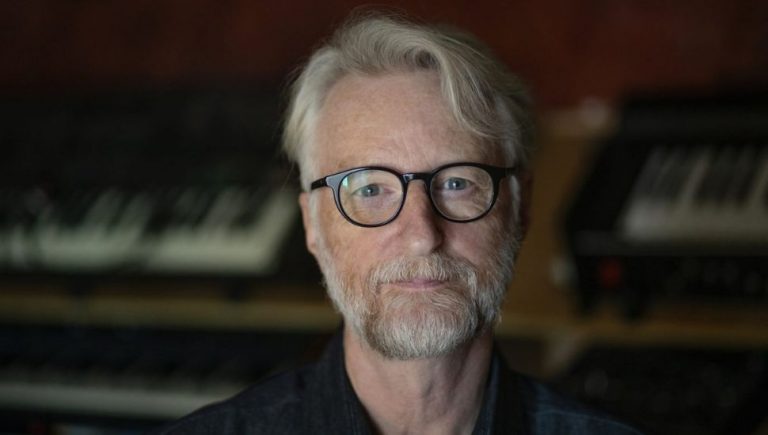Billy Bragg has expounded on his decision to alter the lyrics to his 1991 track ‘Sexuality,’ to make it trans-inclusive.
In an op-ed penned for The New Statesman, Bragg, a longstanding ally of the LGBTQ+ community, opined that the altered lyrics “reflect the changing times we live in.”
The folk singer and left-wing activist is currently in the midst of a UK tour. The recent slew of performances saw him change the lyrics of ‘Sexuality’ from “Just because you’re gay, I won’t turn you away/ If you stick around, I’m sure that we can find some common ground” to “Just bec
cause you’re they, I won’t turn you away/ If you stick around, I’m sure that we can find the right pronoun”.
The updated version of ‘Sexuality’ also sees Bragg take a jab at former The Smiths frontman Morrissey, who has come under fire in recent years for aligning with right-wing politics. “Don’t threaten me with Morrissey” sings Bragg “whatever happened to that guy?”.
Sexuality is a song about learning to respect difference. In 1991, the LG community were marginalised by AIDS and Section 28. Now that we have gay marriage etc the song needs updating and today, it’s the trans community who are marginalised and need our allyship
— Billy Bragg (@billybragg) November 11, 2021
Love Music?
Get your daily dose of metal, rock, indie, pop, and everything else in between.
In The New Statesmen op-ed, Bragg acknowledges that his decision to change the lyrics was met with disapproval from gender-critical activists on social media.
“Last week, I found myself under fire from gender-critical activists on Twitter, who were agitated to discover that I had changed the lyrics to my 1991 single ‘Sexuality’ when performing the song live on tour,” Bragg writes. “Although music cannot change the world – it has no agency – it can change your perspective and challenge your prejudices.”
In the letter, Bragg notes that throughout his career, he has used music as a vessel “to promote allyship among my audience.”
On ‘Sexuality’, Bragg writes that he penned the song “at a time when a combination of the Aids epidemic and the Tories’ Section 28 legislation stirred up a moral panic against homosexuality.”
“Thirty years later, however, encouraging your audience to find common ground with the gay community is no longer such a challenging statement,” he explains.
He notes that in the thirty years that have passed since the release of ‘Sexuality’, “Equal rights legislation has given gays and lesbians the same benefits and protections as everybody else.” Whilst transgender women remain one of the most marginalised people.
“But for all our progress, there remains one group of marginalised people whose legitimacy can be questioned among liberal circles: transgender women,” he writes. “The comments of a few high-profile gender-critical feminists has created a quandary for some leftists. Those of us who formed our political beliefs in the 1970s and 1980s are instinctive supporters of women’s rights. Our moral compasses are confused.”
He continued, “The younger generation can see that we are conflicted. Every night on tour, I frame ‘Sexuality’ with a plea of support for Stonewall, the UK’s premier defender of LGBTQ rights, which is currently under attack from powerful anti-trans elements within the government and the media.
“Witnessing the response at one show, someone tweeted how amazing it was to see people who grew up in the 1980s roaring in approval at a statement of support for trans rights.”
Bragg muses that to “better understand where the gender-critical movement sits on the left/right spectrum through which we Late Boomers persist in seeing the world, it helps to look to the US.” Noting that, “the issue of trans rights is complex”.
He concludes: “I’m not erasing the gay community when I change the lyrics to ‘Sexuality’, I’m simply updating them to reflect the changing times we live in. My hope is to encourage others of my generation to do the same with their long-cherished notions of an inclusive society.”

































